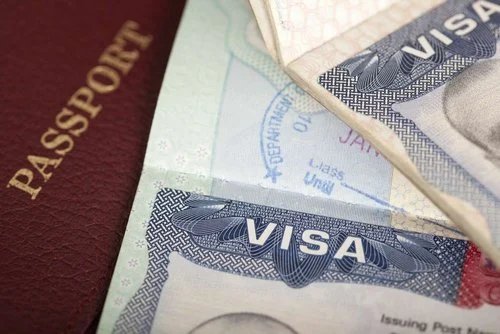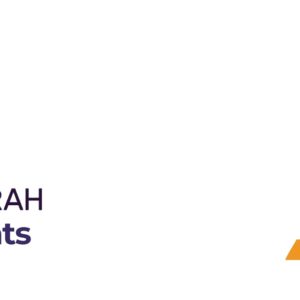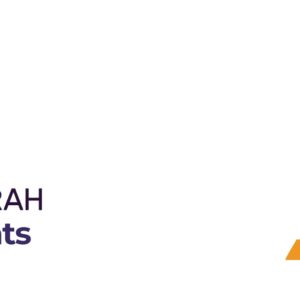A sweeping U.S. policy change under President Trump has sent shockwaves through India’s $250 billion IT sector: the U.S. now requires a $100,000 one-time fee for each new H-1B visa application, effective September 21, 2025. This colossal jump from previous fees (which ranged from $1,500 to $6,000) is not annual, but payable per fresh application.
Who’s Hit the Hardest?
The new rule has an outsized impact on India, which accounted for more than 70% of all H-1B visas issued in 2024. Infosys, TCS, HCL, and Wipro—who depend on H-1Bs to staff U.S. projects—face immediate cost and workflow challenges. Indian IT stocks dipped between 2% and 6% on major exchanges after the announcement, erasing billions in sector value and rattling investor sentiment.
Key Clarifications
-
NOT an annual fee: The White House clarified the $100,000 is a one-time petition fee for new visas, not renewals or existing visa holders returning to the U.S.
-
Applicable only to new H-1Bs: Employees currently in the U.S. or with ongoing H-1B status are not impacted, nor are extension requests.
-
Immediate confusion: Major tech employers, including Microsoft, Amazon, and Meta, issued urgent advisories to employees outside the U.S. prior to the effective date as details emerged late Friday.
Implications for Indian IT
Analysts expect this fee to pressure the profit margins of large IT firms by 50–150 basis points—unless companies curtail new U.S. postings or shift roles offshore.
-
Some smaller IT and technology consultancies may find U.S. placements economically unviable altogether.
-
There may be a tilt towards increased local hiring in America (potentially raising operational costs further).
-
Firms are also expected to slow new H-1B filings, and drag in deal-making and delivery may follow as clients and vendors adjust pricing.
Indian and Industry Response
The Indian government labelled the fee “disruptive,” warning of humanitarian impacts for families and broader economic fallout. Leading trade body Nasscom said the abrupt change “could adversely affect Indian nationals and disrupt ongoing projects.” Industry groups on both sides expect ongoing dialogue, and legal challenges remain possible.
Long-Term Uncertainties
While U.S. officials maintain this is a protectionist measure designed to encourage the hiring of Americans, Indian companies and workers face immediate uncertainty—and the global talent pipeline between the U.S. and India, long a hallmark of tech innovation, has rarely been under such pressure.



